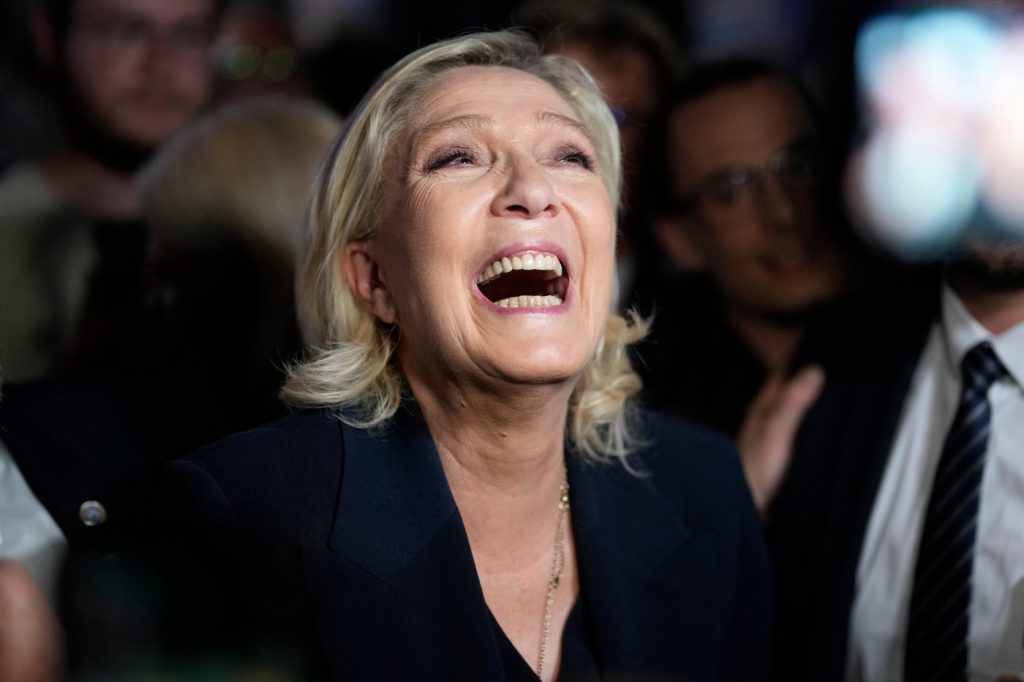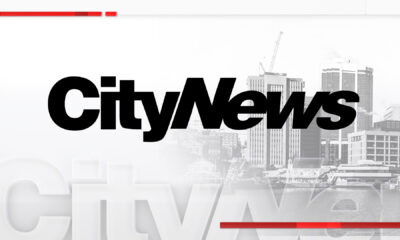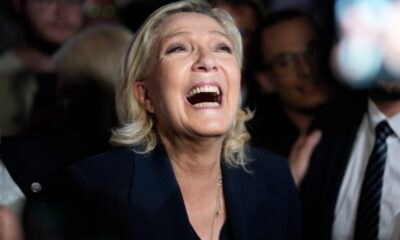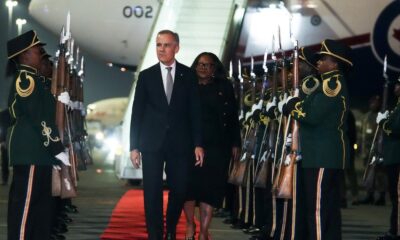Top Stories
France’s Poorest Regions Propel Le Pen’s Surge as Macron Fades

UPDATE: In a dramatic shift, support for Marine Le Pen’s National Rally is surging in France’s poorest regions, as President Emmanuel Macron’s popularity continues to plummet. Latest analyses show a direct correlation between rising poverty levels and the increasing appeal of Le Pen’s party, which has transformed from a fringe group to a formidable political force ahead of the 2027 elections.
Recent data reveals a staggering 15.4% poverty rate, the highest in nearly thirty years, as Macron’s policies have left many struggling financially. Since he took office in 2017, an additional 1.2 million people have fallen below the poverty threshold. The fallout from Macron’s pro-business reforms, which included tax cuts for corporations, has ignited widespread discontent among the electorate.
Mapping by the Associated Press illustrates how Le Pen’s National Rally has gained traction, especially in economically distressed areas like the deindustrialized northeast of France and the Mediterranean coast. The party’s strongholds have expanded significantly, with recent electoral victories highlighting a growing trend: as poverty worsens, National Rally’s support escalates.
Luc Rouban, a senior researcher at Sciences Po, notes, “We clearly see that the National Rally vote is very strongly correlated with poverty and social mobility issues.” The party’s platform, which emphasizes a crackdown on immigration and reduced spending on EU initiatives, resonates deeply with voters feeling the financial pinch.
In the Var region, once a Macron stronghold, National Rally has claimed seven of eight legislative seats—a striking turnaround from no victories just a few years prior. Local representative Laure Lavalette stated, “Some tell me they have to choose between eating or heating.” This sentiment echoes across the nation, as voters express a readiness to embrace National Rally, questioning the effectiveness of mainstream political parties.
The political landscape in France is shifting rapidly. Following significant losses in the 2024 legislative elections, Macron faces a fractured parliament where his government has struggled to maintain stability. With National Rally poised to leverage its growing influence, Macron’s administration is under pressure to address the deepening economic crisis.
As the countdown to the next presidential elections in 2027 begins, the implications of this political shift are profound. National Rally’s rise is not merely a reaction to economic distress; it reflects a broader discontent with traditional politics. Former Macron candidate François Ouzilleau succinctly captured the mood, stating, “Voters are ready to test-drive National Rally.”
With the stakes higher than ever, all eyes are on France as it navigates this volatile political landscape. The next few years could redefine the country’s trajectory, making the upcoming elections a pivotal moment in French history. As Macron’s grip on power loosens, the future of French politics hangs in the balance.
-

 Politics3 weeks ago
Politics3 weeks agoSecwepemc First Nation Seeks Aboriginal Title Over Kamloops Area
-

 World4 months ago
World4 months agoScientists Unearth Ancient Antarctic Ice to Unlock Climate Secrets
-

 Entertainment5 months ago
Entertainment5 months agoTrump and McCormick to Announce $70 Billion Energy Investments
-

 Lifestyle4 months ago
Lifestyle4 months agoTransLink Launches Food Truck Program to Boost Revenue in Vancouver
-

 Science5 months ago
Science5 months agoFour Astronauts Return to Earth After International Space Station Mission
-

 Technology3 months ago
Technology3 months agoApple Notes Enhances Functionality with Markdown Support in macOS 26
-

 Top Stories2 months ago
Top Stories2 months agoUrgent Update: Fatal Crash on Highway 99 Claims Life of Pitt Meadows Man
-

 Lifestyle2 months ago
Lifestyle2 months agoManitoba’s Burger Champion Shines Again Amid Dining Innovations
-

 Politics4 months ago
Politics4 months agoUkrainian Tennis Star Elina Svitolina Faces Death Threats Online
-

 Sports5 months ago
Sports5 months agoSearch Underway for Missing Hunter Amid Hokkaido Bear Emergency
-

 Politics4 months ago
Politics4 months agoCarney Engages First Nations Leaders at Development Law Summit
-

 Technology5 months ago
Technology5 months agoFrosthaven Launches Early Access on July 31, 2025





















